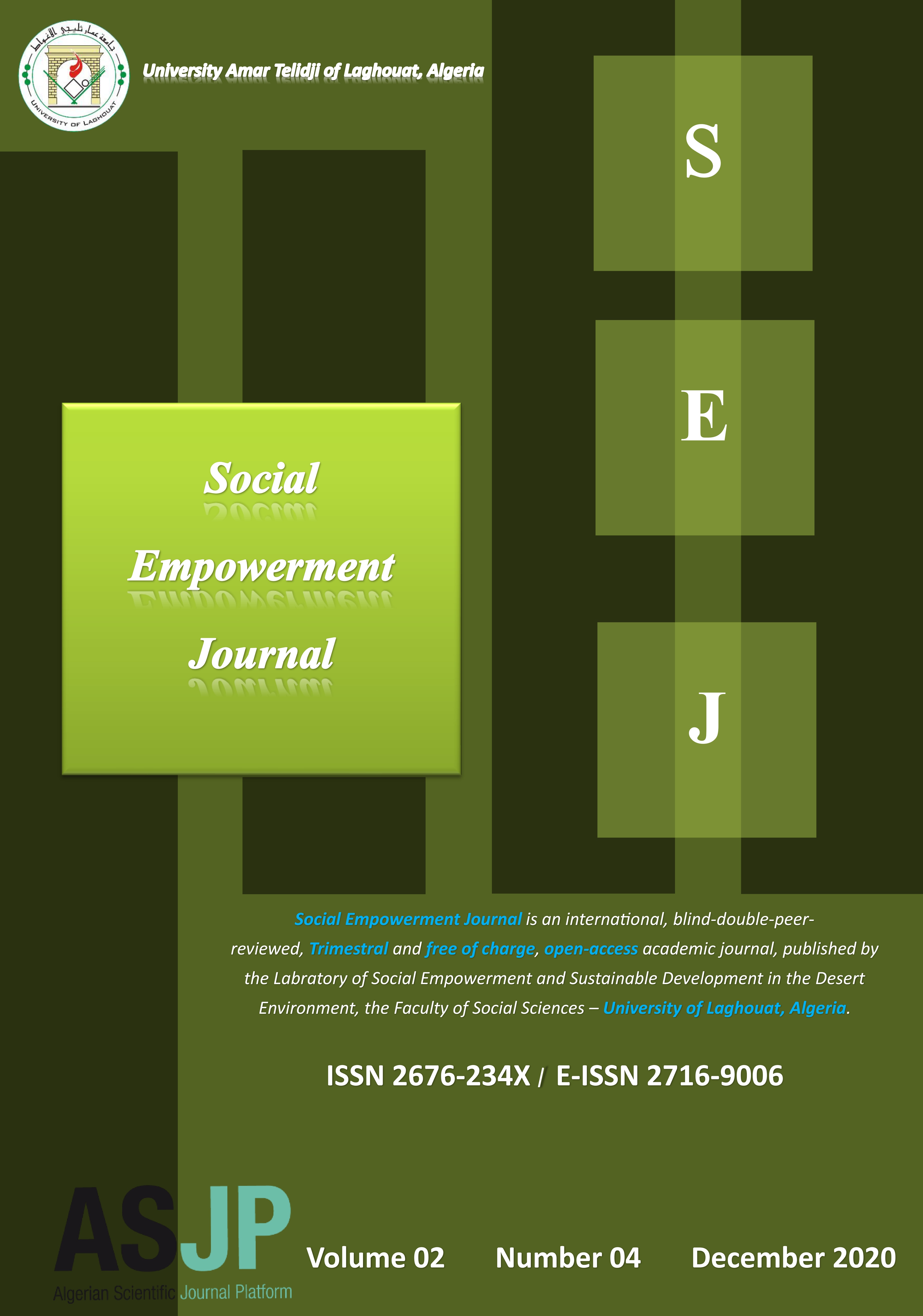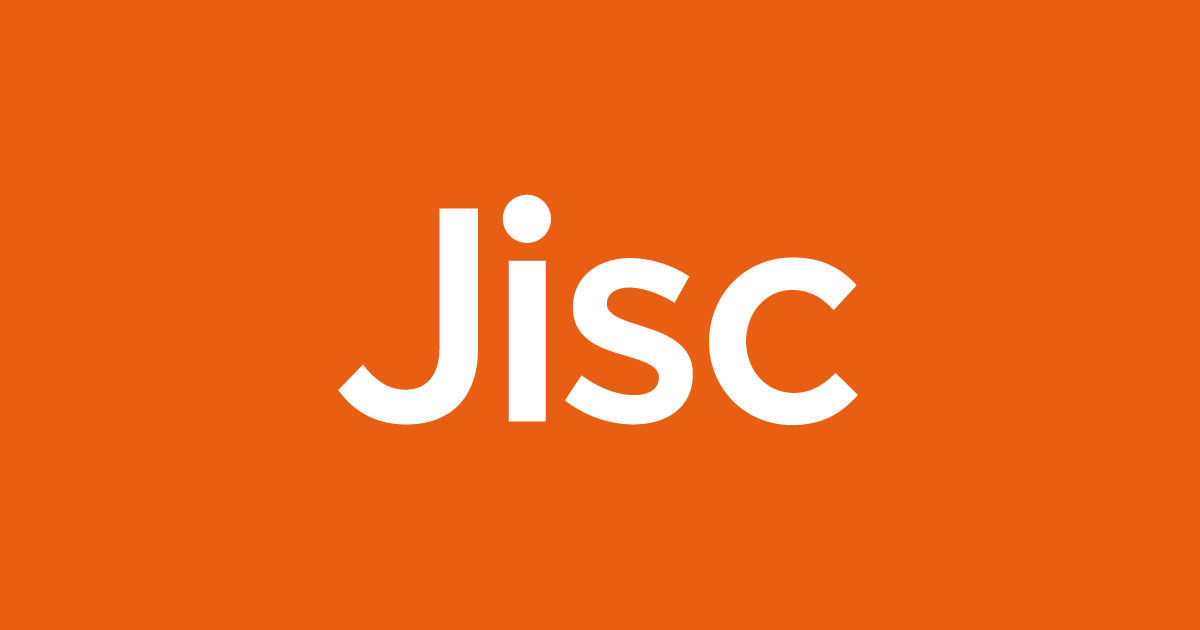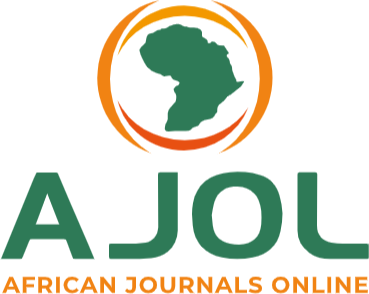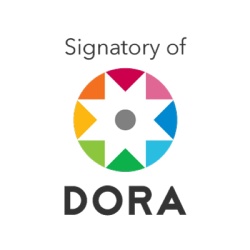Algerain Framework between empowerment and marginalization
الإطارات الجزائرية بين التمكين والتهميش
Abstract
The current study on algerian Framework aims to give a clear picture of this category within the algerian institutional field ,and this is according to some theoretical approaches and scientific research in the study of Framework as an organizational system and a social category that was produced and imposed by medren institutional requirements sunce the beginning of the industrial revolution, organizational changes, the expansion of the practical field and the multiplicity of its branches in addition to the large size of institutions, and other factors that contributed and crystallized in the production of this category.
And by looking at some previous studies regarding empowerment of cadres within Algerian institutions, it became clear that the career path of Algerian carriers was fluctuating due to many social, political and organizational transformations, even, which affected in one way or another the main roles of Algerian cadres
Downloads
References
Casanova, A. (1970). Les intellectuels et les luttes de classes. Paris : Paris, éd. Sociale.
Belaid , M. (2009). Guide pratique pour la gestion des ressources humaines. Alger : Editions – Pages Bleus internationales.
Delmarle, J. (1973). Classes et luttes de classes. Paris : paris éd ouvriéres.
Sainsaulieu, R. (2014). L’identité au travail. Paris : Les Presses de Sciences Po.
- Arabic references in English:
Al-Husseini, S. M. (1975). Social Theory and Organizational Study. Dar Al-Ma'arif, Egypt.
Saeed, Ismail Ali. (1995). Society and Politics: A Study of Theories, Schools, and Systems. Dar Al-Ma'arif Al-Jami'iyya, Egypt.
Belhadj, W. (2000). Industrial Frameworks and Decision Making. Journal of Social Sciences, University of Tlemcen, Algeria.
Hawalif, H. (1998). The Importance of Executive Training and its Role in Improving Organizational Performance, [Master's thesis, University of Tlemcen, Algeria].
Qabari, M., & Zainab Mohammedu. (1985). Fundamentals of Economic Sociology. General Publishing and Advertising Establishment, Libya.
Al-Buraidi, A. A. (2012). Levels and Barriers to Empowerment and its Relationship with Organizational Loyalty in Saudi Banks. Journal of Public Administration, Riyadh: Saudi Arabia.
Hamidshi, F. (1998). Pressure Groups. Diwan Al-Matabi'at Al-Jami'iyya, Algeria.
Marani, H. (2007). The Social Professional Identity of Institutional Executives, [Doctoral Dissertation, University of Annaba].
Mirani, H. (2001). The Three Dimensions of Executive Roles. Crack Notebooks Publications, Algeria.
Dadi Adoun, N. (1998). Enterprise Economics. Dar Al-Mahdia Al-Amma, Algeria.
Harvard Business Review. (2020). Marginalization in the workplace, refund date : 10/11/2020, from : https://n9.cl/io8zuz

This work is licensed under a Creative Commons Attribution-NonCommercial 4.0 International License.





















